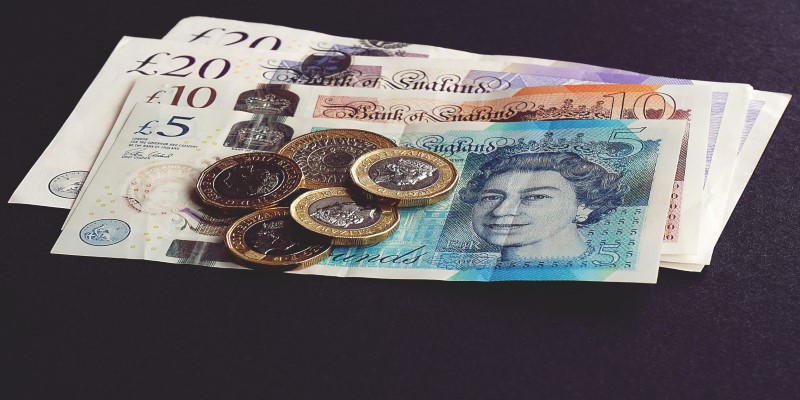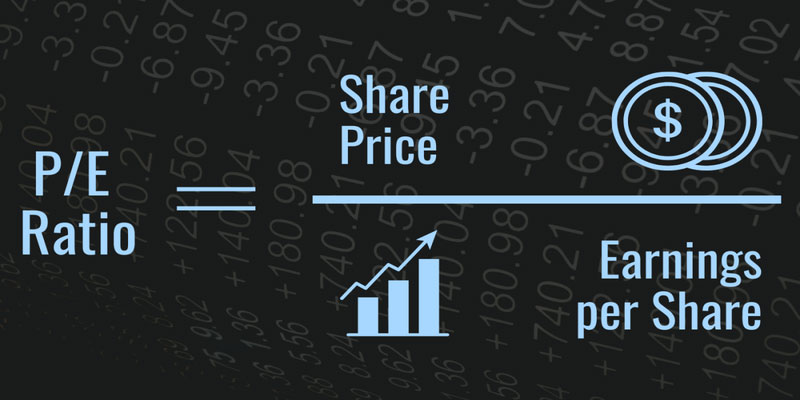First of all, if your bank crashes, you won’t lose all your money. The bank account is guaranteed by the Federal Deposit Guarantee Corp. (FDIC) and is insured up to $250,000 per member per account. So, in the event of bankruptcy, your funds are safe unless they are FDIC insured or you have pledged more than the allowable amount.
In the event of a bank failure, such as Silicon Valley Bank, which closed in February 2022, and Signature Bank, both of which occurred in March 2023, you will receive a notice from the FDIC that your secured funds will be returned to you or be renewed funds financed by the FDIC. Learn more about why banks fail, how to protect your money, and how FDIC insurance helps you get your money back.
What is a Bank Failure?
When a federal or provincial legislature closes in bankruptcy, it is known as a failed bank. State-chartered banks can close banks, while the federal government can close state banks. If banks fail to meet their obligations to investors and third parties, they may close. The FDIC, which protects depositors in the event of a bank failure, protects the insured portion of the deposit, including the funds in a bank account. If a bank cannot lend to savers and lenders, it collapses. The bank does not have sufficient reserves to meet payment obligations or to break even.
The most common cause of bank failure is when the bank’s assets are less than the market liabilities (i.e., the bank’s loans to depositors and lenders) This can happen because the bank loses money because it is too hidden. When an asset falls, it is not always predictable.
What Causes the Banks to Fail?

As a result of bank failures during the Great Depression, the FDIC was created in 1933. According to Meyer, a registered financial adviser, banks actually pay insurance premiums to obtain these funds and thus avoid them when government funds are used. A major cause of bank failure is the inability of the relevant institutions to meet their commitments, including commitments to other institutions or depositors, but a variety of factors can contribute to that inability to maintain this premium.
According to Meyer, if a bank takes too much risk in its loan portfolio or investments and then realizes a loss, it can fail. "Analysts expect that if no capital is generated and the decline is severe enough, the company will be sold or pulled out." Since banks pay for their insurance, taxpayers are not liable for the loss if the bank takes on more risk than it can handle. Basically, when you get your money back to the maximum, it doesn’t matter if you are worried about saving taxes from you.
What Happens to your Funds When a Bank Fails?
Whether or how the money is protected by insurance often determines the outcome of your bankruptcy. If all of your accounts exceed the FDIC credit limit, that should be your first concern if a bank fails. Any excess deposits above the covered amount are not protected. In each case, the following occurs.
If your deposit at the institution is less than the FDIC liability insurance level, you can expect full reimbursement from the statutory funds. How much over the coverage limit is not covered by insurance is a bit trickier.
Obviously, if bank ownership is transferred to a healthy stock market, all will be lost. If not, you may still have to appeal for additional funding. If you only sell your property for a profit, repayments will come your way. The simple fact is that if you keep your money in an FDIC insured savings account, you will save up to $250,000.
According to the FDIC, it strives to refund your insurance money within two business days after a bank failure. For credit unions, the National CU offers a comparable service. Your mutual fund funds are insured in the same manner by NCUA and up to the same limits.
Regardless of the type of facility you choose for your money, this will give you peace of mind. However, it is important to remember that not all banks and financial institutions offer accounts insured by the FDIC or NCUA. Your bank will ensure the funds in your brokerage account are insured by the Securities Investor Protection Corporation (SIPC). The funds and securities in your brokerage account are insured by SIPC over $500,000. If you fail, pay attention to the type of accounts that are covered by insurance so that you know what rights you have and where the guarantees are found.
Bank Failure Examples

The frequency of bank failures has fallen dramatically since the creation of the FDIC in 1934. Before that, thousands of banks failed during the Great Depression—4,000 in 1933 alone.
However, bank failures continue. A few bank failures can occur through more general market processes. This was the situation in 2008 when 25 banks failed due to the housing crisis. Federal Deposit Insurance Corporation, "Comparative Success—2008." In addition to these factors, internal banking mismanagement is another reason why banks collapse. Let’s examine a few notable bank addresses:
Silicon Valley Fund and Signature Fund:
In 2023, Silicon Valley Fund and Signature Fund unexpectedly collapsed, with many media organizations calling it the first social media fund to go live when they created their finances. Problems were reported on Twitter (now X), and customers panicked and withdrew their money.
Biggest Bank Fall WaMu:
When it comes to property, Washington Mutual Association (WaMu) is the biggest bank failure. The bank had $307 billion in assets when it failed during the global financial crisis in 2008. WaMu was acquired by JPMorgan Chase.
Conclusion
Banks still fail, though less frequently than in the years before and after the Great Depression. Regulations that set required levels of deposits and partial insurance for FDIC deposits still lead to bank failures. A bank may collapse due to a variety of factors, such as rapid deposit movements or changes in economic conditions. Get advice from a financial professional to determine the best way to protect your money from bank failure.



